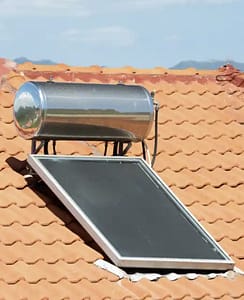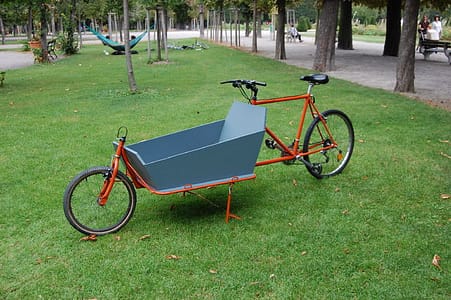Our Low-Tech Incubator
We know that we won't convince many people to adopt a lifestyle compatible with planetary boundaries if we regess to an oil lamp-based lifestyle. On the contrary, developing technologies that are frugal (not requiring the importation of rare materials from all over the world), durable (carbon-free and easily repairable), suitable (can be produced in all our regions) that meet our daily needs for elegance, efficiency and consensus. The transition, therefore, requires low-tech innovation! And low-tech innovation requires the development of companies offering these products and solutions. These companies, which generate jobs in our regions, need the support that we provide with the help of a low-tech incubator.
Housing
Eco-construction (of a house, a yurt or a kerterre), renovation, creation of common spaces to share rather than own, rethinking the energy flows of an eco-house, in short, make our homes simple and comfortable.


Energy
Sustainable production, storage and distribution of renewable energy (hydrogen, anaerobic digestion, wind power, etc.). Rethinking the energy transition at the village level.
Food
Development of organic micro-farms, market gardening on mounds in permaculture, mixed farming, use of aquaponic or hydroponic greenhouses. Let's take up self-construction of agricultural tools within the farmer's workshop.


Water
Mechanical devices for deep water extraction, water filtering devices, recycling, storage, irrigation: water is scarce and precious, let's rethink the water cycle.
Transportation
Ultra-light vehicles that save metals and energy, such as electric bicycles or other shared means of transport: let's invent sustainable mobility.


Health
Health through plants (prevention and cure) improving eating habits, eating organic fruits and vegetables, exercise, meditation, and being surrounded by a natural environment also contributes to good health.
Technology
How to make a low consumption Internet? Can digital be frugal and sustainable? These are among the challenges of IT in service of the planet.


Recycling
“Nothing is lost, nothing is created, everything is transformed! This Lavoisier discovery dates back 250 years. Let's incorporate recycling into our economic practices, now and on a large scale.

